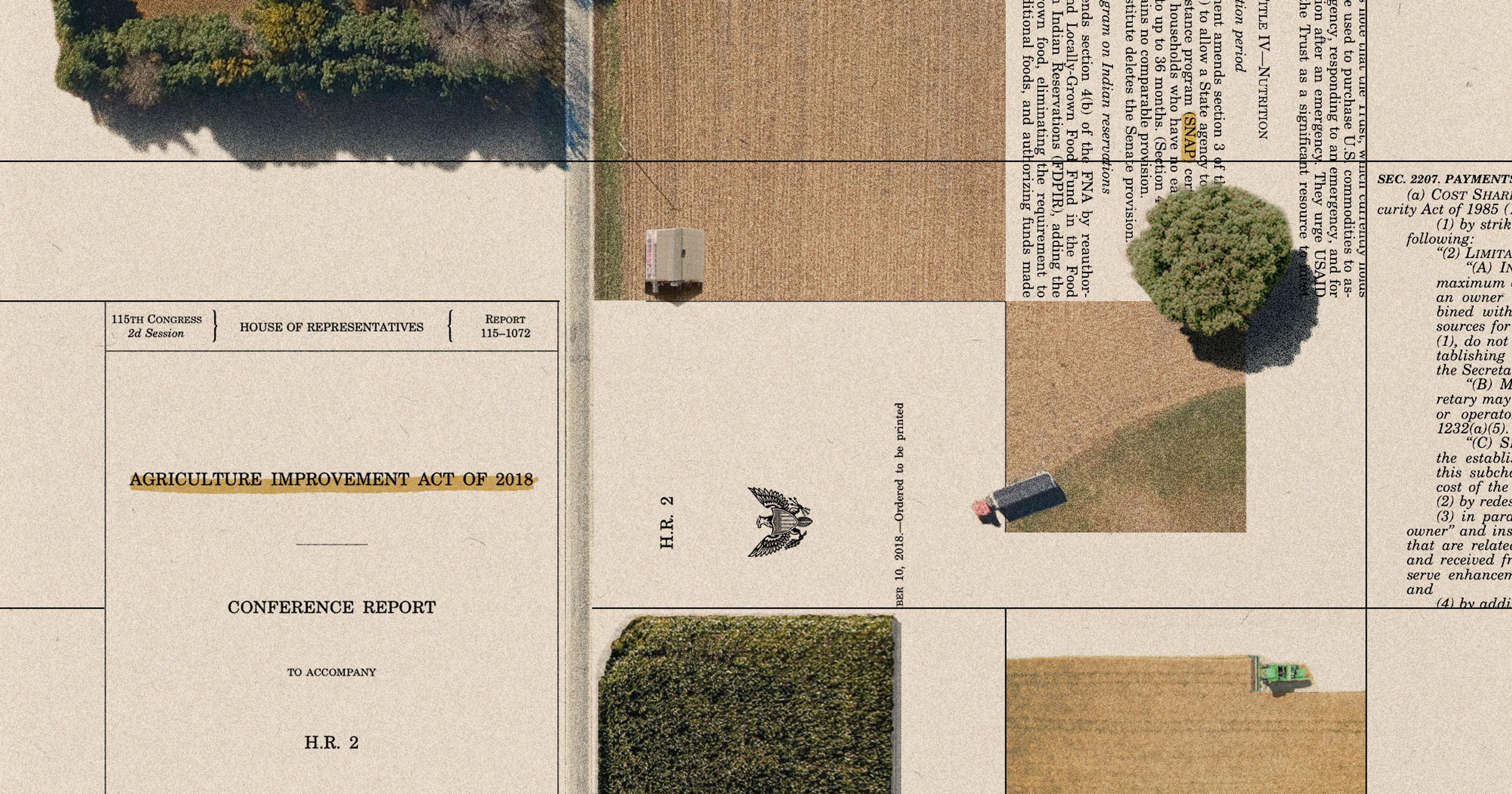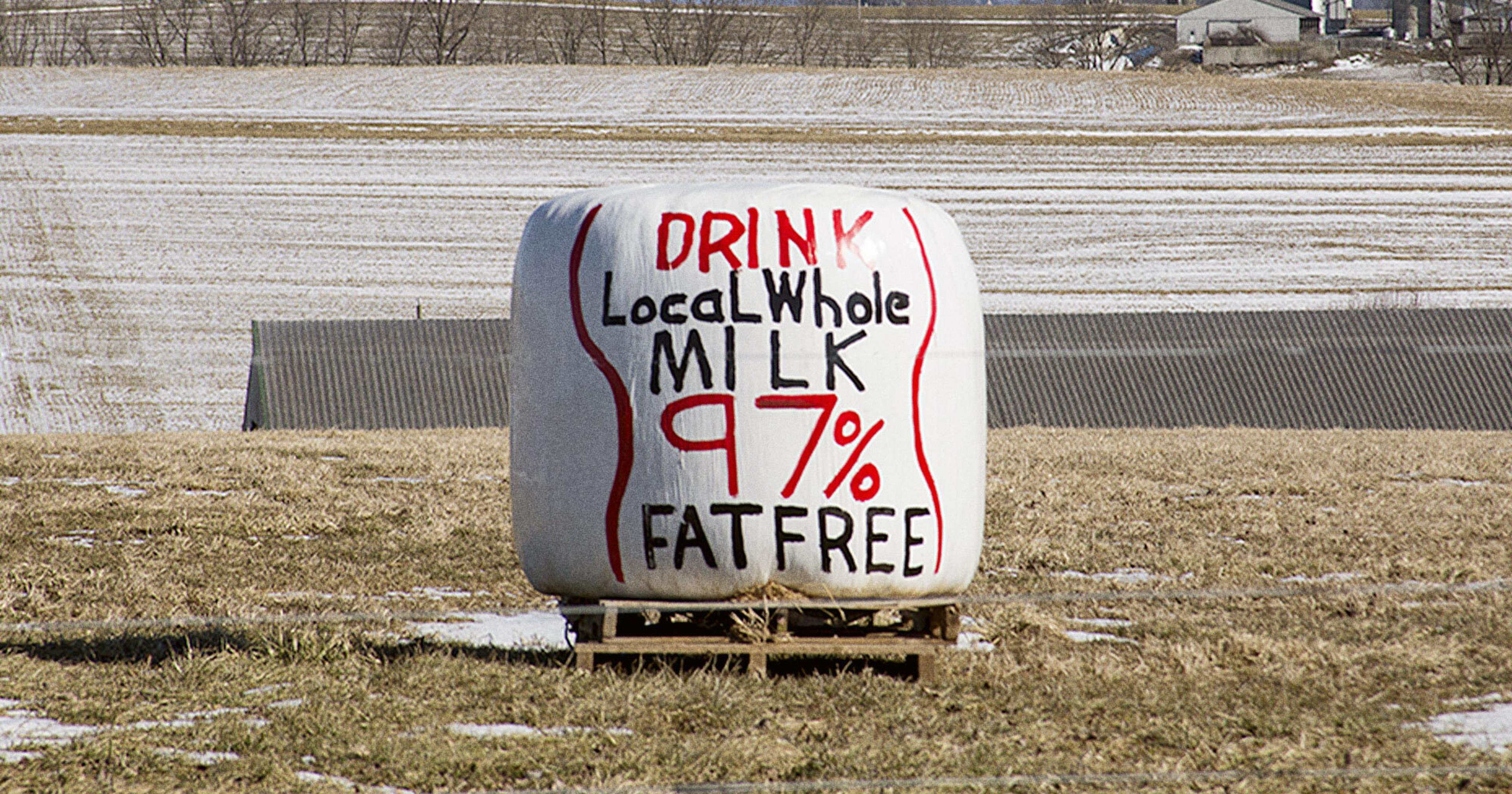The new law gives hope to farmers in other states that costly downtime and repairs could cease to be the norm.
Last year, Danny Wood invested in a new combine for his family’s 8,000-acre grain farm. He was excited to put it to work harvesting wheat and had just begun that task when the combine broke down. “The diesel exhaust system wasn’t working and when we called the dealer to get it repaired, they told us it would take five days to fix,” said Wood. “It sat on the side of the field waiting. When it’s time to harvest wheat, you can’t afford to delay the process.”
Luckily for Woods, beginning in 2024, he won’t have to depend on dealers or manufacturers to repair his equipment — he lives in Peetz, Colorado, which just became the first state to pass a farmer’s right to repair bill. Authored by State Rep. Brianna Titone, the Consumer Right to Repair Agricultural Equipment was signed by Gov. Jared Polis late last month, and promises to now serve as a model for the rest of the country.
The bill represents two years of work to get it across the finish line. The fine print will require a manufacturer to provide parts, embedded software, firmware, tools, diagnostic equipment, and repair manuals to the farmers who need them. According to the Public Interest Research Group (PIRG), the Colorado bill alone will save farmers $44 million in avoided downtime and $17 million in repair costs. If launched at scale on a national level, PIRG estimates those savings at $4.2 billion.
Colorado’s success gives hope to Kevin O’Reilly, PIRG’s Director of the Campaign for the Right to Repair, that this is just a start to similar legislation across the nation. “We believe that this is the first crack in the dam, one that will lead to a flood of these bills around the country,” he said. “Colorado represents a wave of momentum for farm equipment right to repair bills.”
It also represents the first victory in what O’Reilly admits has been “tough sledding” with similar legislation. “We’ve had fierce opposition from dealers and manufacturers, who have a vested interest in maintaining control of repairs,” he said. “They want to control the diagnostic tools and authorize repairs, and charge what they want, when they want. It’s a bad deal for farmers.”
Ultimately what may have helped Colorado pass the bill was uncoupling the farmer’s right to repair from other items, as well as the success of a right-to-repair electric wheelchair bill that passed in last year’s session. In 2022, Titone sponsored a right-to-repair bill for wheelchair users, which passed as the first of its kind in the nation. “That put some meat into a similar statute for agriculture,” she said. “Between the Rocky Mountain Farmers Union and other related groups, it galvanized people to talk about it.”
Currently, there’s no similar proposed legislation at the federal level, but an additional 16 states are considering farmer right-to-repair bills, according to O’Reilly. West Virginia’s Senate passed a similar bill this session, but its House failed to take up the bill before the end of session. In Minnesota, a comprehensive right-to-repair bill passed two assigned committees in the House, but was temporarily held up in the Senate as opponents worked against it. State Senator Jordan Rasmusson introduced an amendment to remove farming from the legislation, but it has now advanced to a stage of reconciliation and will likely come to a vote before the session ends around May 22.
There’s no similar proposed legislation at the federal level, but an additional 16 states are considering farmer right-to-repair bills.
“Colorado is a giant step in the right direction,” O’Reilly said. “Polling across the country demonstrates this is something Americans want, and that translates to state legislators.”
Ultimately, it may lead to a national level law, too, said O’Reilly. “Senator Jon Tester of Montana is a farmer, and has been a strong advocate for a bill like this,” he explained. To date, Tester hasn’t succeeded in getting a bill off the ground. The Biden administration has issued an executive order on the topic, but it didn’t have the teeth of some of the state-level efforts.
“We’ll continue to push on the state level, however, and hope to build enough momentum so that one day, all farmers can fix their own equipment,” said O’Reilly. “Right now there are two million farmers outside Colorado looking in.”
For Wood, who is on the inside looking out, the new law changes everything. “Today’s farming equipment is great because of the electronics, but they are also its downfall because the sensors can go bad and need programming,” he explained. “But now we’ll be able to get all the information we need and fix the issues without lengthy downtime. It’s going to save us a ton of money.”










